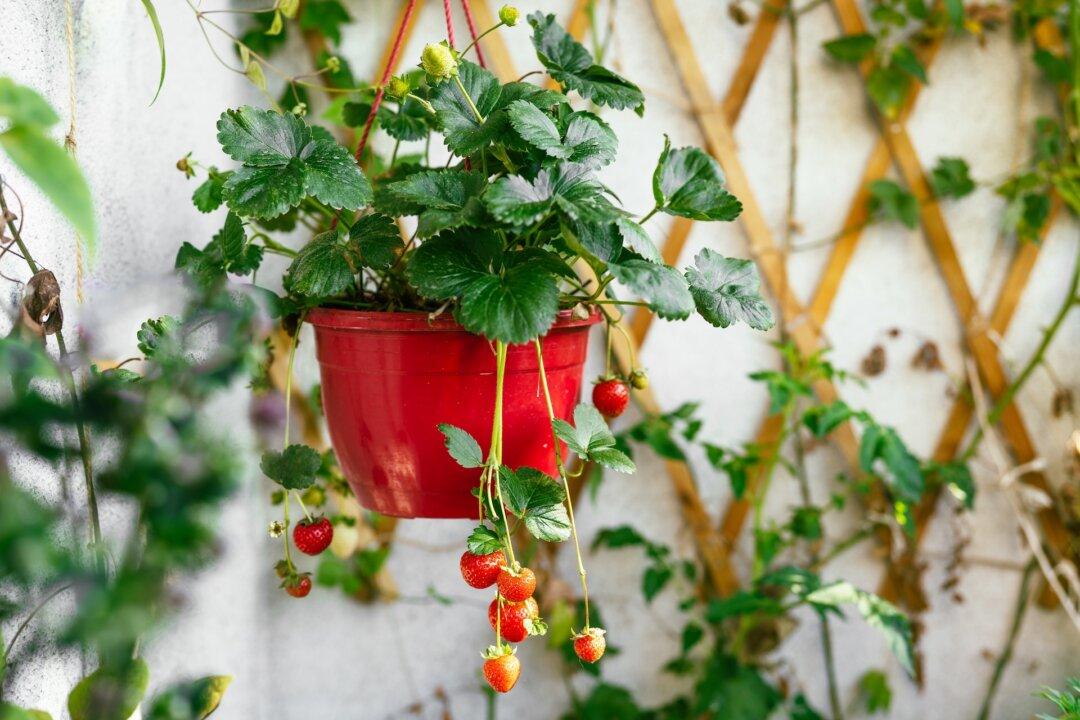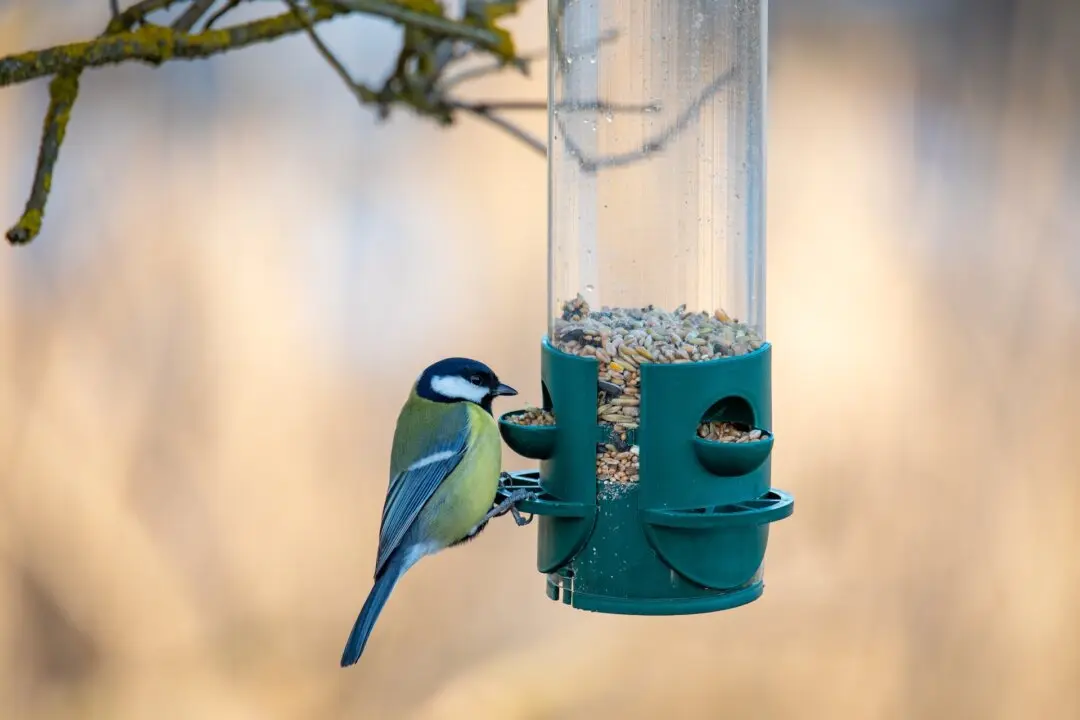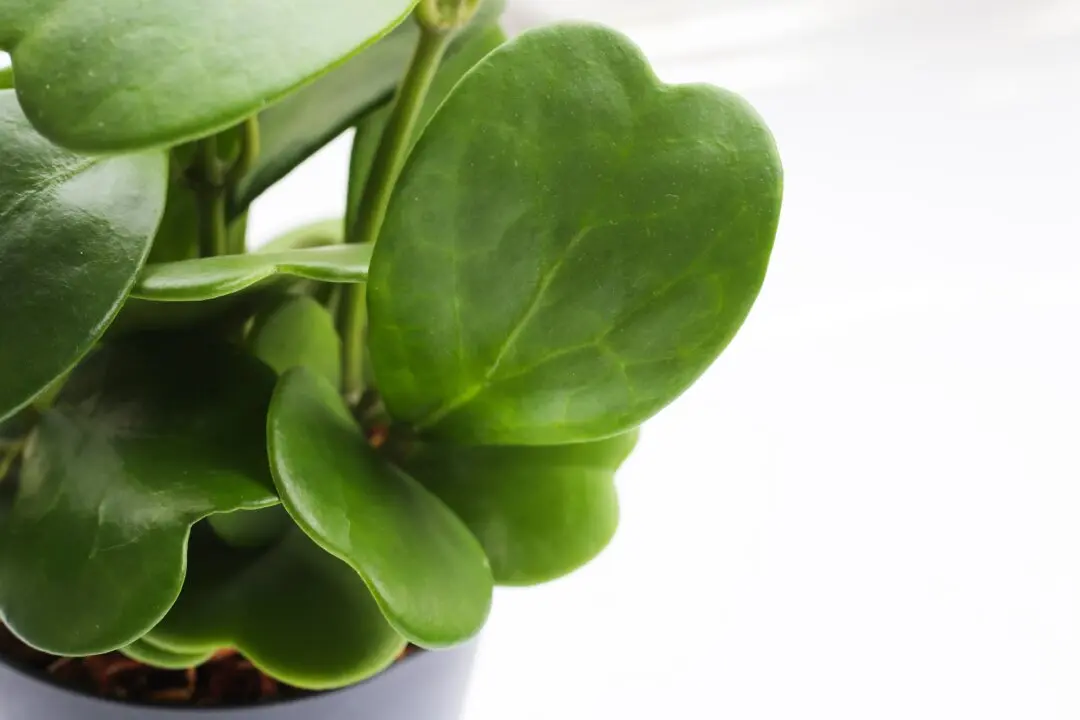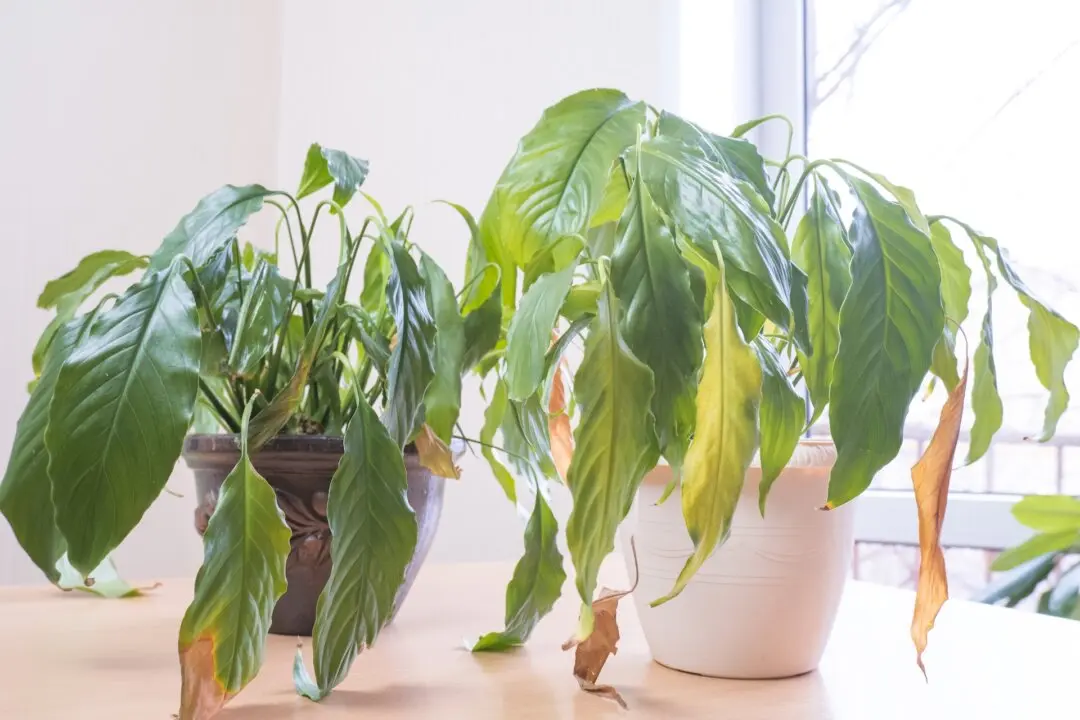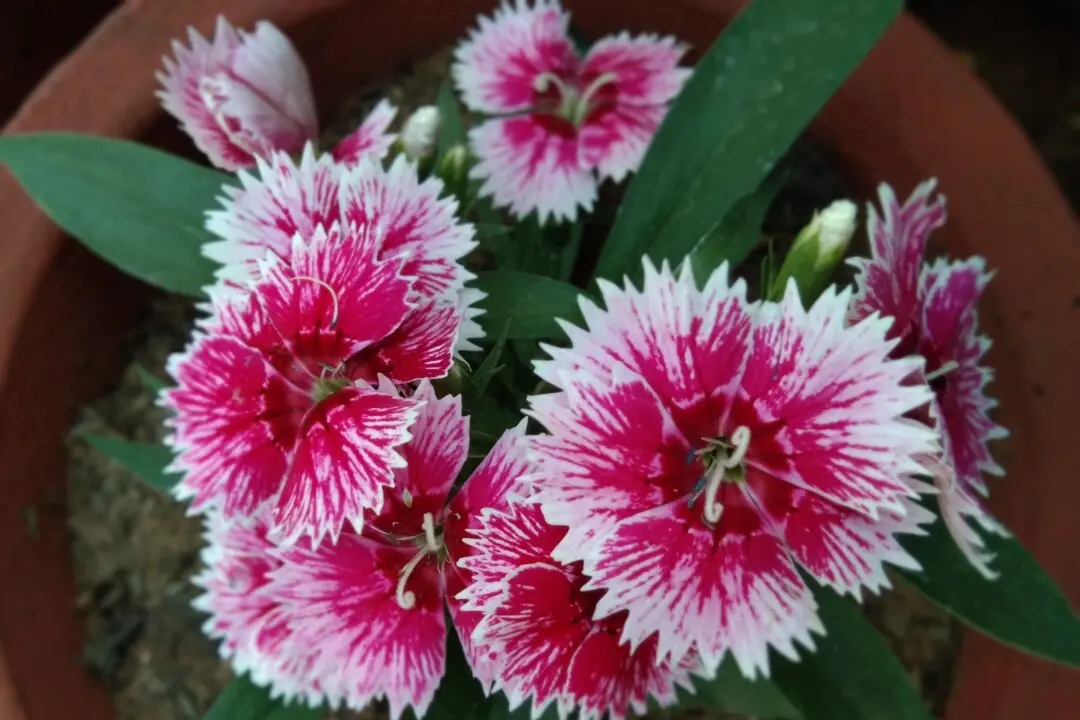Q: I just finished reading your article on strawberry pots, and I have a few questions. This is my first year growing strawberries. I started with four plants in a 14-inch pot, pinched off all blossoms as they grew and grew more plants off the runners. I have a total of 18 plants. I built three of my own type of container box and transplanted six of the strawberry plants into each box. I have room for more boxes in the future.
All are doing well. I continue to pinch off all blossoms on all the plants, because I read you should do this the first year to have a better crop the next year. I have been searching for information about storing these types of boxes over the winter, but most of the information is about in-ground strawberries.

